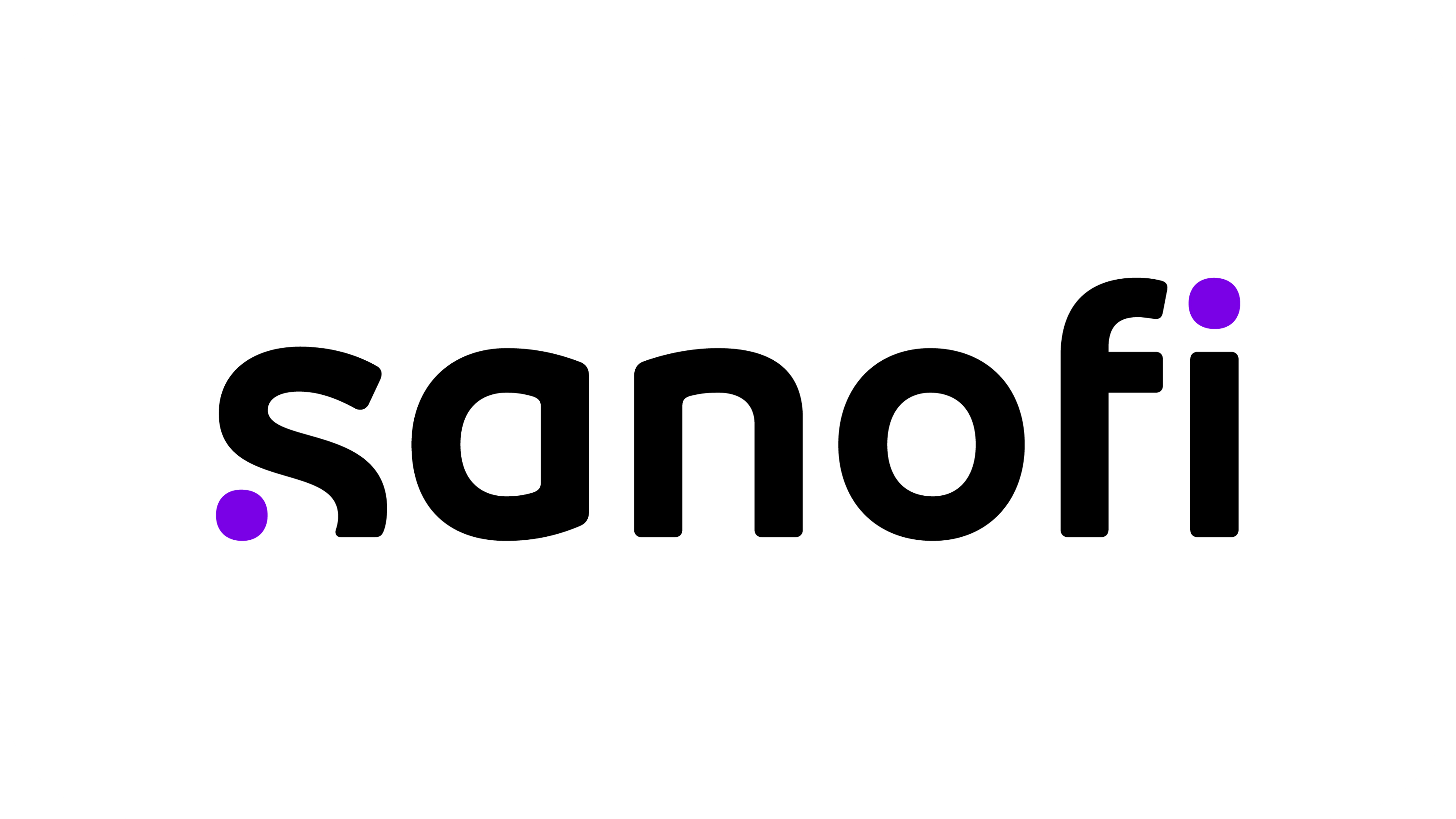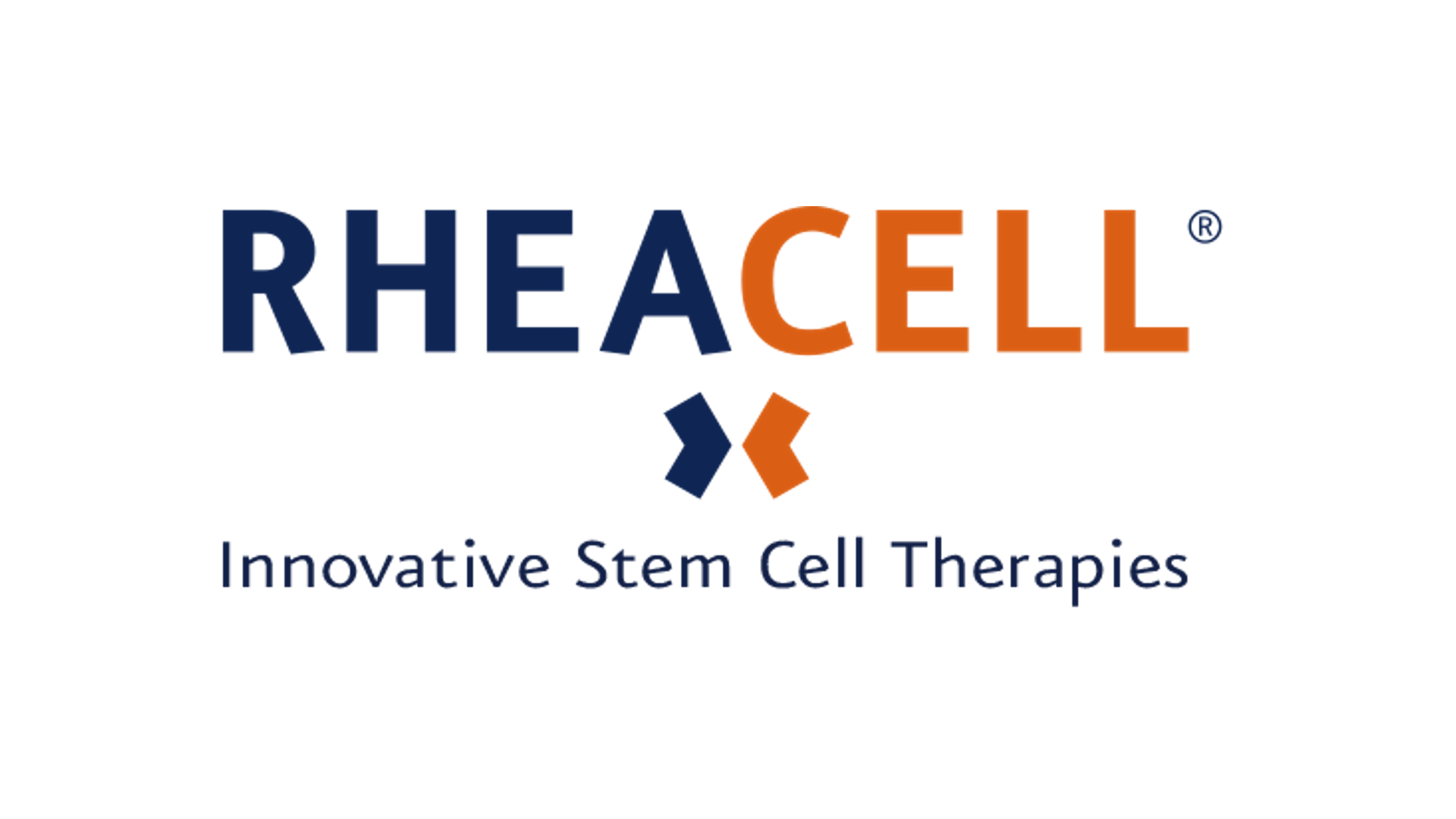ACAAI: Sanofi and Regeneron’s Dupixent pivotal study met all primary and secondary endpoints, reducing signs and symptoms of allergic fungal rhinosinusitis; sBLA accepted for FDA priority review

ACAAI: Sanofi and Regeneron’s Dupixent pivotal study met all primary and secondary endpoints, reducing signs and symptoms of allergic fungal rhinosinusitis; sBLA accepted for FDA priority review
- Phase 3 data to be presented at ACAAI demonstrate Dupixent significantly reduced key nasal signs and symptoms including sinus opacification, nasal congestion, and nasal polyps in patients aged 6 years and older compared to placebo
- Dupixent sBLA accepted for priority review by the US FDA with a target action date of February 28, 2026; if approved, Dupixent would be the first and only medicine indicated specifically for AFRS, which would be its ninth FDA-approved indication
- AFRS is a chronic type 2 inflammatory disease of the sinuses characterized by a fungal hypersensitivity
Paris and Tarrytown, NY, November 7, 2025. Positive results from the pivotal LIBERTY-AFRS-AIMS phase 3 study (NCT04684524) evaluating the investigational use of Dupixent (dupilumab) in adults and children aged 6 years and older with allergic fungal rhinosinusitis (AFRS) demonstrated significant improvements in signs and symptoms of disease across all primary and secondary endpoints, including reductions in sinus opacification, nasal congestion, and nasal polyps compared to placebo. These are the first-ever positive phase 3 results specifically in AFRS and will be shared today at the American College of Allergy, Asthma and Immunology (ACAAI) 2025 Annual Scientific Meeting, Orlando, FL, US.
Recently, the US Food and Drug Administration (FDA) accepted for priority review the supplemental biologics license application (sBLA) for Dupixent in adults and children aged 6 years and older with AFRS. Priority review is granted by the FDA to regulatory applications seeking approval for therapies that have the potential to provide significant improvements in the treatment, diagnosis, or prevention of serious conditions. If approved, AFRS would represent the ninth FDA-approved indication for Dupixent.
AFRS, a subtype of chronic rhinosinusitis, is a chronic type 2 inflammatory disease of the sinuses caused by an intense allergic hypersensitivity to fungi, most usually aspergillus. It primarily affects people living in warm, humid climates where fungal spores are common in the environment. It can lead to nasal polyps, nasal congestion, loss of smell, thick mucus discharge, poor health-related quality of life, bone loss around the sinus cavities, and facial deformities. AFRS is a unique and distinct type of chronic rhinosinusitis with nasal polyps that can be harder to treat because it does not respond well to available options. Current standard-of-care treatment is surgery and prolonged courses of systemic steroids; however, disease recurrence can occur.
“People with allergic fungal rhinosinusitis live with persistent nasal obstruction, congestion, and polyps that can place a great strain on their day-to-day lives. With limited treatment options, uncontrolled symptoms can progress to serious complications like the buildup of thick mucus that may require surgery, bony erosion of the sinuses, and facial deformities,” said Amber U. Luong, MD, PhD, FACS, Professor and Vice Chair for Academic Affairs in the Department of Otorhinolaryngology at the McGovern Medical School of the University of Texas Health Science Center at Houston, US and lead investigator of the study. “This study is significant as it is the first positive phase 3 study for an investigational treatment specifically for AFRS. The ability of Dupixent to alleviate the hallmark signs and symptoms of AFRS, and to reduce the risk for surgery and corticosteroids by 92%, provide the strongest evidence to date that IL4 and IL13 are key drivers of the type 2 inflammation leading to this disease, as they seem to be for multiple other type 2 inflammatory diseases.”
In the LIBERTY-AFRS-AIMS study, 62 adults and children aged 6 years and older with AFRS were randomized to receive an age- and weight-based dose of Dupixent (200 mg or 300 mg; n=33) every two or four weeks or placebo (n=29). The differences for Dupixent compared to placebo were as follows:
- Primary Endpoint: Sinus opacification scores (a measure of nasal congestion as assessed by computed tomography [CT] scans) improved by 50.0% in the Dupixent group versus 9.8% in the placebo group at 52 weeks (7.36-point placebo-corrected reduction; p<0.0001); a significant reduction in sinus opacification scores was also observed at 24 weeks (p<0.0001)
- Secondary Endpoints:
- Patient-reported nasal congestion/obstruction improved by 66.7% in the Dupixent group versus 25.3% in the placebo group at 24 weeks (0.87-point placebo-corrected reduction; p<0.0001), with continued improvement at 52 weeks to 80.6% in the Dupixent group compared to 11.1% in the placebo group (1.40-point placebo-corrected reduction; p<0.0001)
- Nasal polyp size (as assessed by endoscopy) reduced by 60.8% in the Dupixent group compared to 15.2% in the placebo group at 24 weeks (2.36-point placebo-corrected reduction; p<0.0001), with continued reduction of 62.5% in the Dupixent group compared to 3.6% in the placebo group up to 52 weeks (2.77-point placebo-corrected reduction; p<0.0001)
- 92% lower risk of systemic corticosteroid use and/or in need of surgery in the Dupixent group compared to placebo (29.1% fewer proportion of patients; p=0.0010) over 52 weeks
The safety in the study was generally consistent with the known safety profile of Dupixent in its approved respiratory indications. The overall rates of adverse events (AEs) were 70% with Dupixent and 79% with placebo. The most common treatment-emergent AEs (>10%) occurring more frequently in Dupixent compared to placebo included COVID-19 (15% Dupixent, 14% placebo) and nosebleed (12% Dupixent, 4% placebo). Serious AEs were reported in 0% and 7% of patients treated with Dupixent and placebo, respectively. Additionally, AEs leading to study treatment discontinuation were reported in 3% of Dupixent patients and 4% of placebo patients.
The safety and efficacy of Dupixent in AFRS have not been fully evaluated by any regulatory authority.
About LIBERTY-AFRS-AIMS
LIBERTY-AFRS-AIMS is a randomized, double-blind, placebo-controlled phase 3 study assessing the safety and efficacy of Dupixent in adults and children aged 6 years and older with AFRS. During the 52-week study, patients received an age- and weight-based dose of Dupixent (300 mg every two weeks for adults and children weighing ≥60 kg, 200 mg every two weeks for children weighing ≥30 kg to <60 kg, or 300 mg every four weeks for children weighing ≥15 kg to <30 kg) or placebo. More than 80% of patients had a history of type 2 comorbidities.
The primary endpoint assessed change from baseline in sinus opacification assessed by CT scans using the Lund-Mackay score (LMK; scale: 0-24) at 52 weeks. Secondary endpoints assessed at 24 weeks included:
- Change from baseline in patient-reported nasal congestion (NC; scale: 0-3)
- Change from baseline in nasal polyp score (NPS; scale: 0-8) as measured by endoscopy
- LMK score
Secondary endpoints assessed at 52 weeks included:
- Change from baseline in NPS
- Change from baseline in NC
- Proportion of patients requiring surgery or systemic corticosteroids
About Dupixent
Dupixent (dupilumab) is a fully human monoclonal antibody that inhibits the signaling of the interleukin-4 (IL4) and interleukin-13 (IL13) pathways and is not an immunosuppressant. The Dupixent development program has shown significant clinical benefit and a decrease in type 2 inflammation in phase 3 studies, establishing that IL4 and IL13 are two of the key and central drivers of the type 2 inflammation that plays a major role in multiple related and often co-morbid diseases.
Dupixent has received regulatory approvals in more than 60 countries in one or more indications including certain patients with atopic dermatitis, asthma, chronic rhinosinusitis with nasal polyps, eosinophilic esophagitis, prurigo nodularis, chronic spontaneous urticaria, chronic obstructive pulmonary disease, and bullous pemphigoid in different age populations. More than one million patients are being treated with Dupixent globally.
Dupilumab development program
Dupilumab is being jointly developed by Sanofi and Regeneron under a global collaboration agreement. To date, dupilumab has been studied across more than 60 clinical studies involving more than 10,000 patients with various chronic diseases driven in part by type 2 inflammation.
In addition to the currently approved indications, Sanofi and Regeneron are studying dupilumab in a broad range of diseases driven by type 2 inflammation or other allergic processes in phase 3 studies, including chronic pruritus of unknown origin, lichen simplex chronicus, and allergic fungal rhinosinusitis. These potential uses of dupilumab are currently under clinical investigation, and the safety and efficacy in these conditions have not been fully evaluated by any regulatory authority.
About Regeneron
Regeneron (NASDAQ: REGN) is a leading biotechnology company that invents, develops and commercializes life-transforming medicines for people with serious diseases. Founded and led by physician-scientists, our unique ability to repeatedly and consistently translate science into medicine has led to numerous approved treatments and product candidates in development, most of which were homegrown in our laboratories. Our medicines and pipeline are designed to help patients with eye diseases, allergic and inflammatory diseases, cancer, cardiovascular and metabolic diseases, neurological diseases, hematologic conditions, infectious diseases, and rare diseases.
Regeneron pushes the boundaries of scientific discovery and accelerates drug development using our proprietary technologies, such as VelociSuite®, which produces optimized fully human antibodies and new classes of bispecific antibodies. We are shaping the next frontier of medicine with data-powered insights from the Regeneron Genetics Center® and pioneering genetic medicine platforms, enabling us to identify innovative targets and complementary approaches to potentially treat or cure diseases.
For more information, please visit www.Regeneron.com or follow Regeneron on LinkedIn, Instagram, Facebook or X.
About Sanofi
Sanofi is an R&D driven, AI-powered biopharma company committed to improving people’s lives and delivering compelling growth. We apply our deep understanding of the immune system to invent medicines and vaccines that treat and protect millions of people around the world, with an innovative pipeline that could benefit millions more. Our team is guided by one purpose: we chase the miracles of science to improve people’s lives; this inspires us to drive progress and deliver positive impact for our people and the communities we serve, by addressing the most urgent healthcare, environmental, and societal challenges of our time.
Sanofi is listed on EURONEXT: SAN and NASDAQ: SNY.




